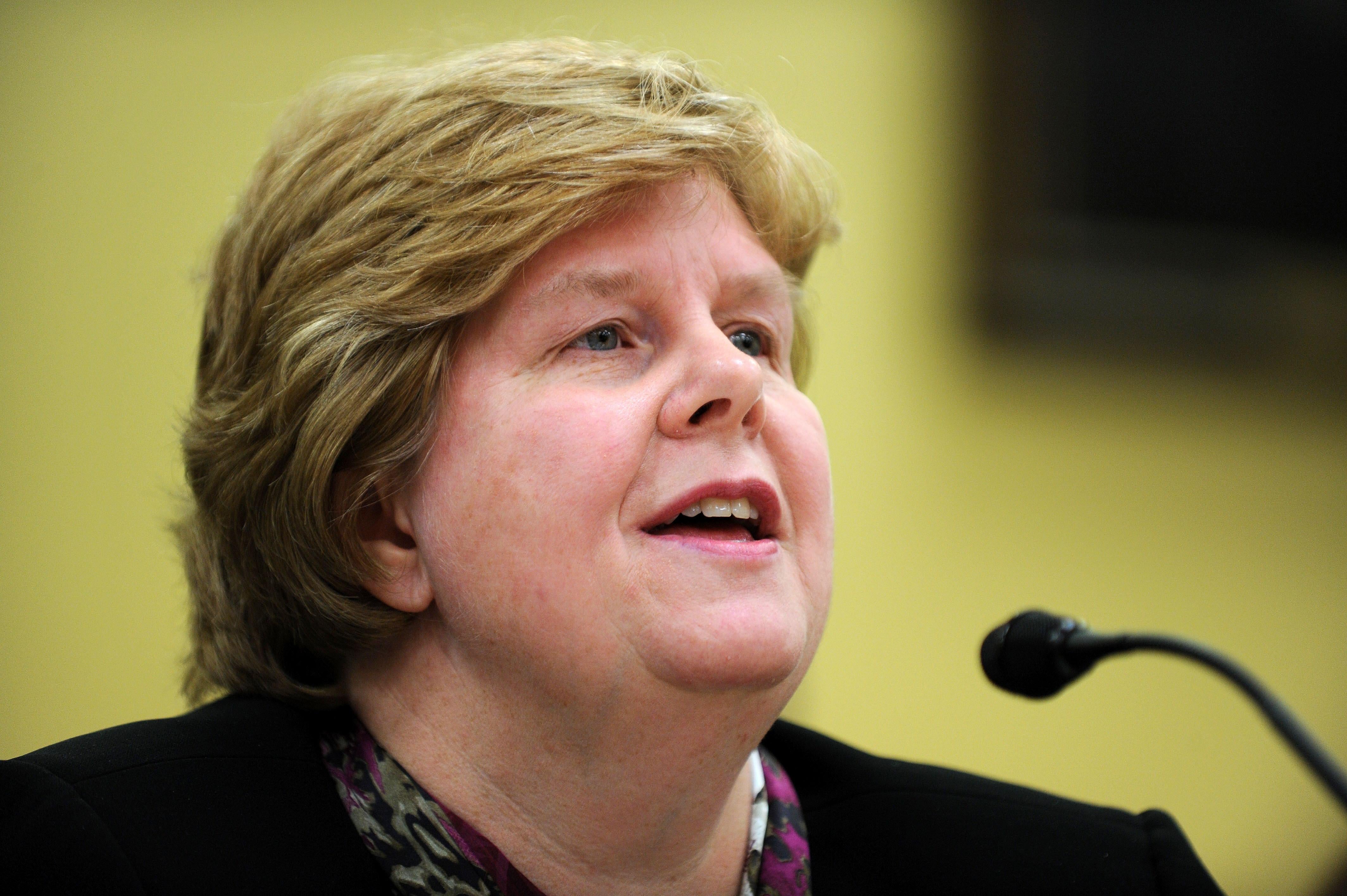Former White House Council of Economic Advisors chair Christina Romer isn’t under consideration to run the Federal Reserve and never has been. There are reasons for this, and they’re not all terrible reasons. But there are three very good reasons that she ought to be a—if not the—leading contender for the job.
1. She believes in the power of the Fed: The extent to which the Federal Reserve has the power to fill an aggregate demand gap and boost a depressed labor market is hotly disputed among economists. And the dispute is healthy. But it’s very important to have a Federal Reserve chair who does believe in the power of the Fed, rather than a Federal Reserve chair who’ll start off by lowering expectations and shifting blame onto other institutions. Romer wrote a great paper with her husband David Romer on how historically the worst periods of monetary policy in the United States have come when Fed officials lost faith in their own powers. We need a chair who believes monetary policy can dramatically improve the economy and that his or her job is to make that improvement happen, not to complain that congress is making the job harder.
2. She represents regime change: With short-term nominal interest rates at zero, far and away the most important tool in monetary policy is expectations. That means ideally you’d want the new chair to represent a clear shock to the system’s expectations. As Romer has put it in her scholarly work, you want a change of regime. All the many reasons she’s not under consideration—too vocal, too controversial, too outside the mainstream, not enough of a team player—are reasons why her accession would represent a useful and important change of regime.
3. She’s an expert on recovering from disaster: A lot of the White House’s thinking on the Federal Reserve right now is dominated by the idea of who would be the ideal firefighter in case of a new financial crisis. That’s important. But it ignores the fact that the country’s spent the past five years living in a house that’s halfway burned down already. We need someone who’ll rebuild the house, not just worry about the next fire. Romer’s academic work on the Great Depression is on exactly this point. Not how the crisis “stopped” but how we achieved rapid catch-up growth in the mid-1930s and early 1940s to put people back to work again. Tihs kind of problem ought to be the focus.
In the real world, it’s not going to happen. The politics are too hard, the personalities aren’t right, and unfortunately this isn’t how the president sees the Federal Reserve question. But it ought to be taken much more seriously than it is.
